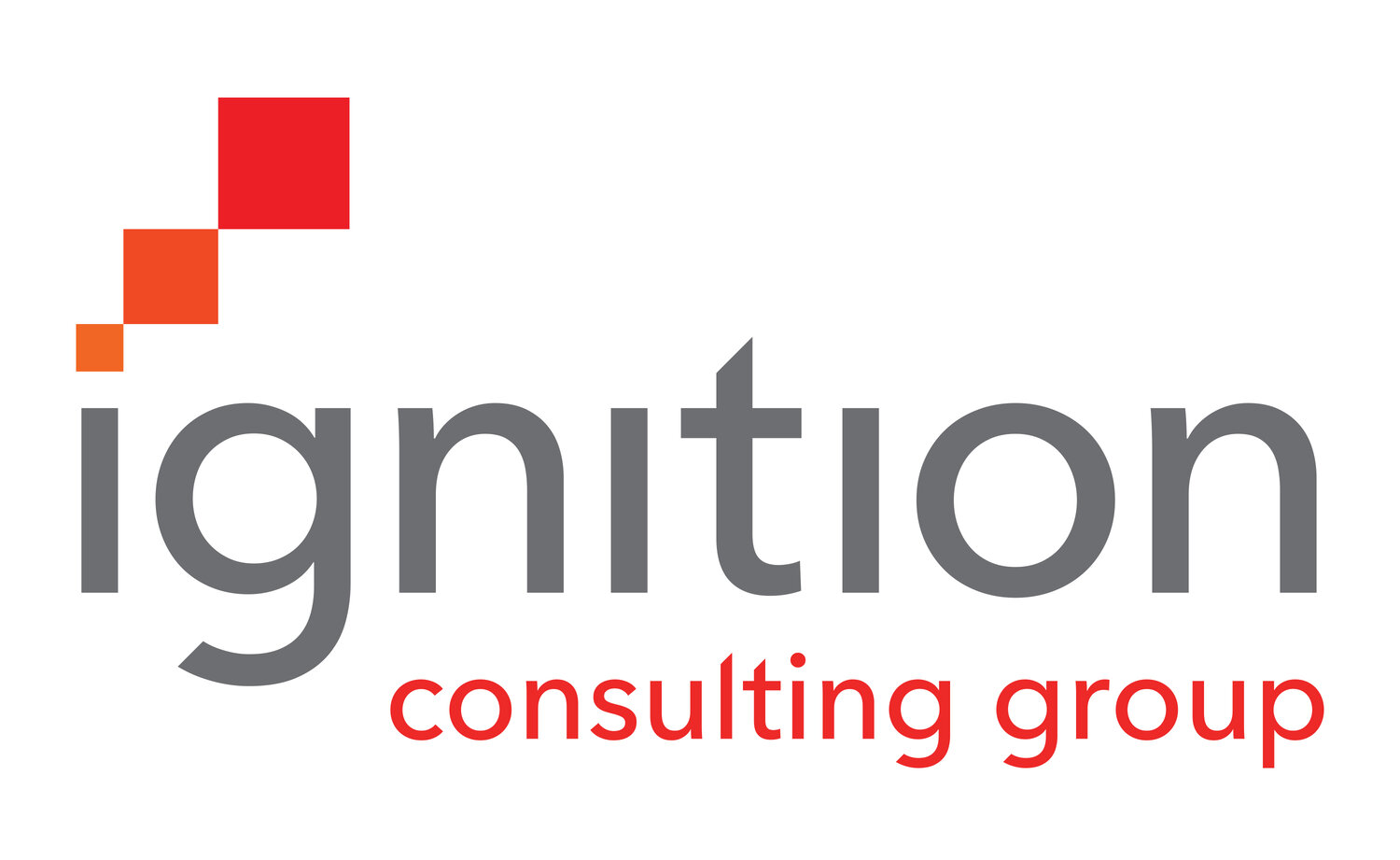How to Fundamentally Change the Dynamic of the Agency-Client Relationship
By Tim Williams
I’ve always believed that the greatest benefit of getting paid based on value instead of time isn’t that the agency has the potential to earn more money (although most do). It’s that a focus on results instead of hours has the potential to completely alter the dynamics of the agency-client relationship.
My friend Bruno Gralpois, Director of Global Agency Management at Microsoft and author of the insightful new book Agency Mania sets the stage this way:
“The compensation model of the past is no longer suitable to either party. Clients pushing for further margin-squeeze, while the agency workload becomes more complex and more demanding, is preventing agencies from hiring and training great talent. There has been too much abuse on either side for too long. As a result, there is too little transparency and virtually no trust. It has led to the continued weakening of relationship between clients and their agencies, which as a result undermines a client’s ability to success in the marketplace. It’s time for a change. Compensation must reward results and value, not activity, efforts, labor or costs.”
Do you want clients to listen to you more and respect your opinion? Put some skin in the game. Do you want clients to take your recommendations more seriously and be less inclined to dictate subjective changes? Put some skin in the game. Do you wish you had better access to the top people in the client organization? Put some skin in the game.
The power of positive economic alignment
An agency with a substantial portion of its compensation at risk is treated very differently than an agency with nothing at risk. The Domino’s Pizza/Crispin Porter + Bogusky relationship is a great example. Because they don’t believe in selling time, CB+P agreed to a compensation relationship with Domino’s based on three key business metrics related to same store sales, orders, and ticket size. As most good agencies do, Crispin started the relationship by learning about the customer. You may recall what they found out: people hated the quality of Domino’s Pizza. “The crust tastes like cardboard” was an almost universal perception, along with chronic complaints about the sauce, the cheese, and … pretty much the entire Domino’s recipe.
So guess what the agency did? They recommended that Domino’s divert much of its advertising budget into fixing the product. Besides being the professional thing to do, Crispin also had the right incentives. They knew that by fixing the product, the key business metrics would all improve. Dominos would make more money, and so would the agency. Win-win, instead of the typical win-lose built into traditional labor-based compensation approaches.
Because of this perfect alignment of economic incentives, both parties did indeed win. Advertising Age recently reported a 14.3% increase in same store sales for Dominos; the largest one-year increase in fast food history.
Finally, consider how you would answer the following set of questions.
If you were a client paying your agency based on outcomes instead of hours, would you expect them to be:
Better at gaining a thorough understanding of your business – or worse?
Better at planning and managing work — or worse?
Better at providing you with proactive thinking – or worse?
Better at communicating regularly with you – or worse?
More productive — or less?
The fact is that smart clients understand these dynamics. As hard as this is to believe, a lot of clients would actually welcome a self-confident proposal from their agencies to get paid in a way that is tied to business results instead of activities. Remember, you’re the seller; the client is the buyer. It’s up to the seller to take the initiative. I can’t tell you how many times I’ve heard major marketers ask “Why isn’t my agency talking to me about this?”


